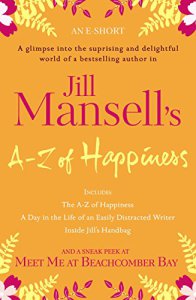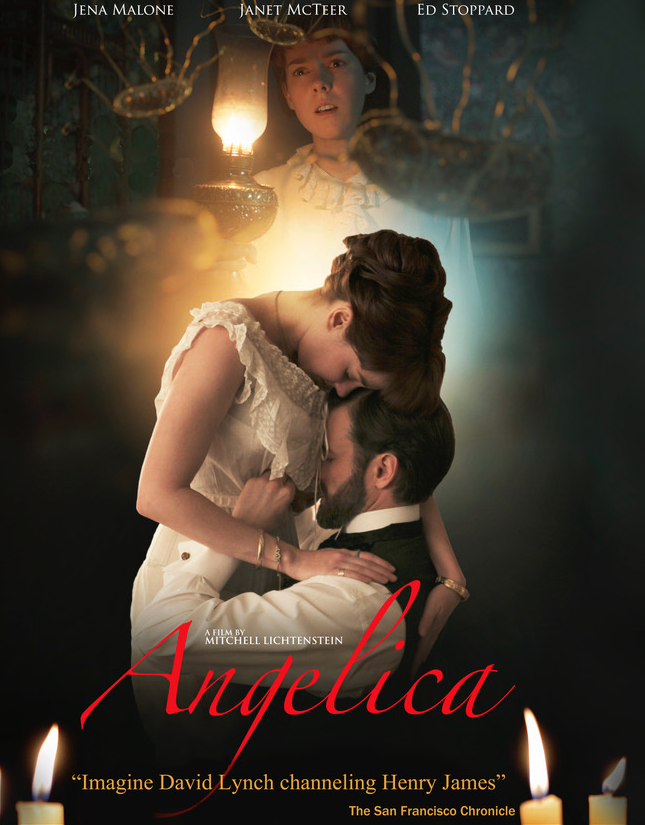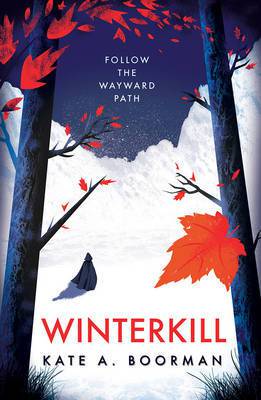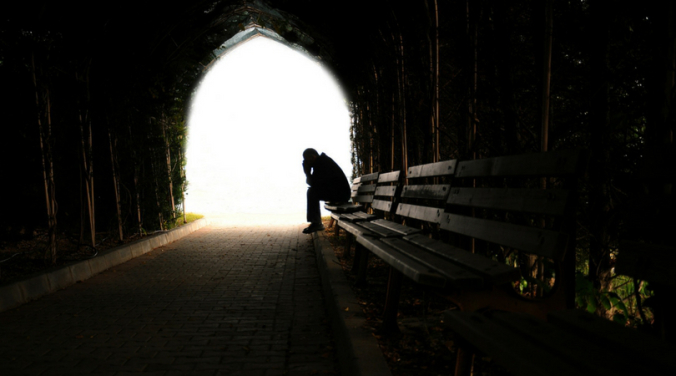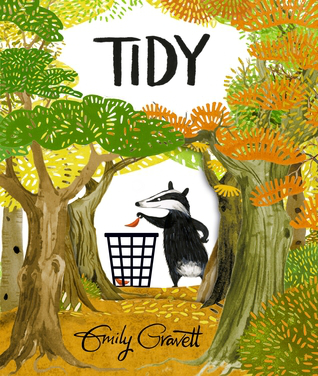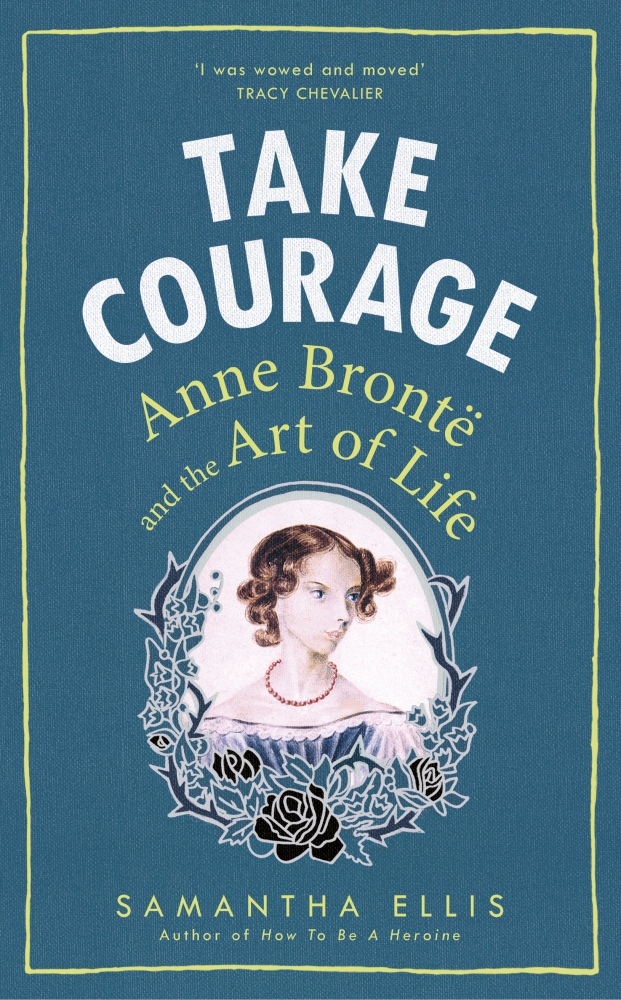
This is a remarkable book, which anyone who is interested in the Bronte family, especially Anne, would do well to read. Not a biography, not a set of notes on her two novels or poetry, but in the style of Ellis’ other book “How to be a Heroine”, a personal reaction to Anne’s work and life. This is a book of how a lot of Bronte fans and those who only have a knowledge of Jane Eyre and Wuthering Heights have ignored Anne and her writing; Ellis successfully argues that ‘the other Bronte’ is more than worthy of attention, and indeed may have been the most radical of the sisters.
In some respects the theme of this book is regret. Regret that Anne was not more regarded during her lifetime, regret that her attempts to write in support of governess and women generally did not meet with more understanding, and the most obvious regret that this immensely talented writer died so young. Ten chapters that are engagingly written about eight people that Anne was close to, one about her first creation and the final, tenth chapter, movingly entitled “Anne, or how to take courage”. This book does not work its way through Anne’s life chronologically but looks at her influences and two great novels, “Agnes Grey” and “The Tenant of Wildfell Hall”. Each member of her family provides the basis of a reflection on Anne, even the opening chapter, Maria, the mother that she never really knew. Here is the difficult Emily, whose single novel overturned so many preconceptions about women writers and Branwell, the ambitious but ultimately self – destroying brother. The always tricky relationship with Charlotte is examined, as she seeks to gain publication of their novels. The many biographies of the Bronte sisters tend to downplay Anne’s writing compared with the other two women, and Ellis does her best, by examining every scrap of writing and surviving article of Anne’s, to argue that she was just as able a writer, and of great significance in literary terms. Ellis points out that as “Agnes Grey” was actually published slightly after “Jane Eyre”, critics thought that Anne’s novel was a pale copy of Charlotte’s, when it was in fact written before. Furthermore, it was Anne who had worked for years as a governess and had the experience to write a book detailing the life of a governess who finds love after many trials.
This book succeeds because Ellis spares no effort to show how radical Anne’s writing was in a time when women in marriage were open to abuse of every kind. Their money was legally taken from them, they had no legal rights to leave their husband or care for their own children. Helen Huntingdon is a stunning creation whose drunken, abusive and unfaithful husband drives her away so that she must become a stranger to all and hide herself and her son in Wildfell Hall. She is in fear of her husband who pursues her, but places her trust in another, Gilbert. This book is a vivid protest against the lot of women and the redemption of the individual. It is so ahead of its time that there are elements which still shock today, as Ellis recounts the BBC’s version and its impact.
If you are fascinated by the Brontes this is a superb read, as so much is challenged and set in context. It is deeply personal, as Ellis recounts her reaction to every scrap of information she uncovers, and every place that she can discover that was important to Anne. This is not a fan piece, and fervent admirers of Charlotte may be exasperated by some of Ellis’ assertions. It is a fascinating book, and it is recommended as immensely readable.
As you see, I have not gone down the route of picking out my favourite books of the year at this stage, but I have had a spate of finishing some great books in the last few weeks. Maybe it’s the fact I finished all my M.A. assessments in good time! As you have may have noticed, I have been getting a little help with my blog set up, especially my new logo featuring Selwyn the cat. Thanks Harry and Sarah!
Advertisements Share this:
